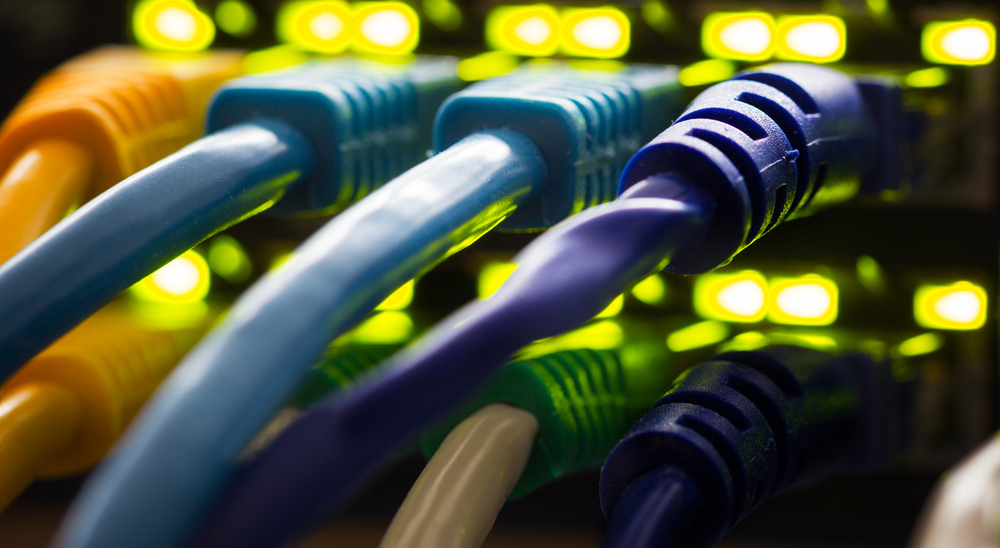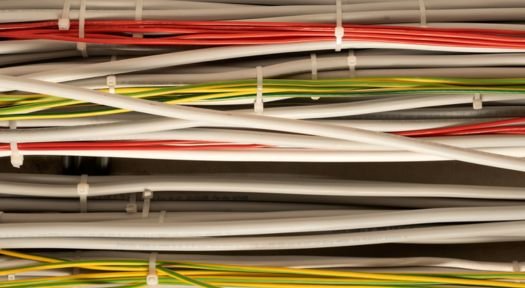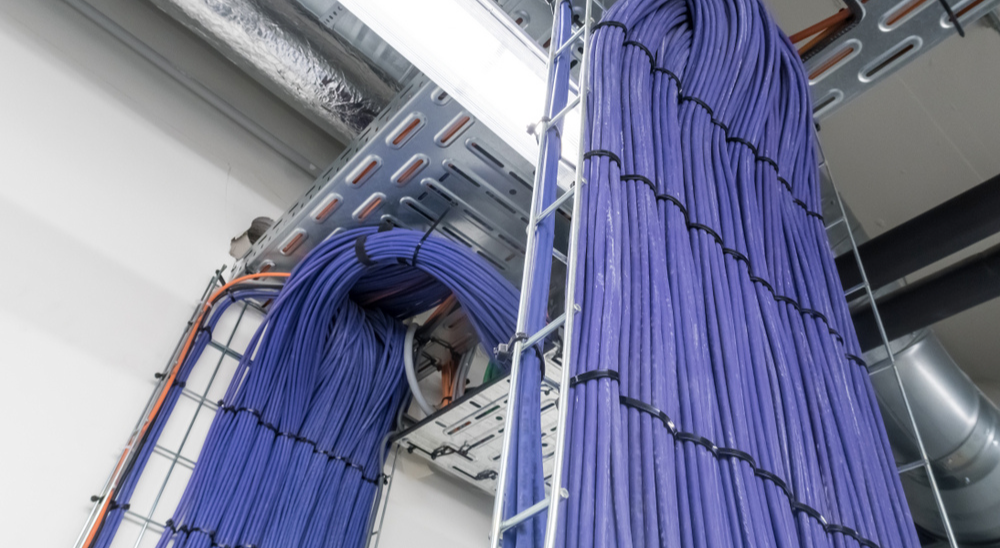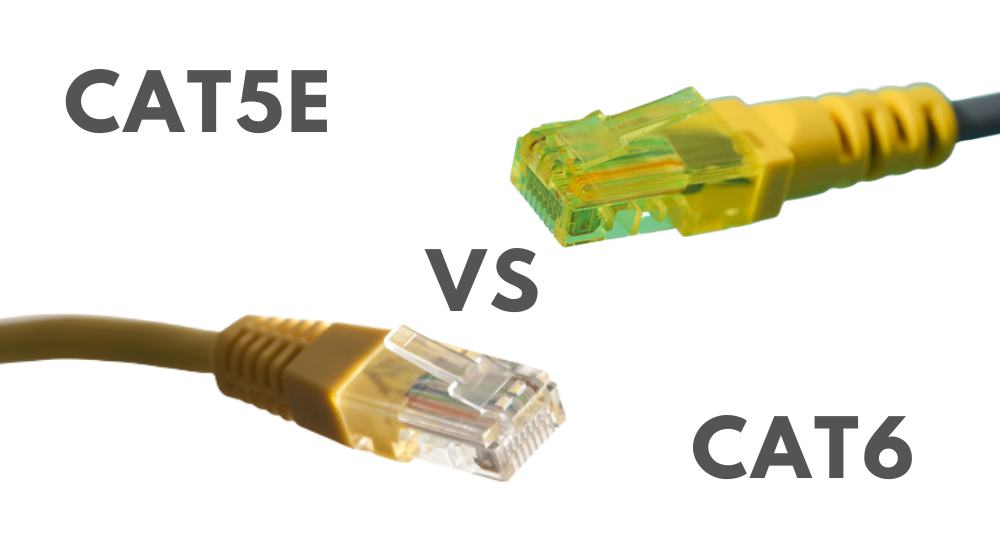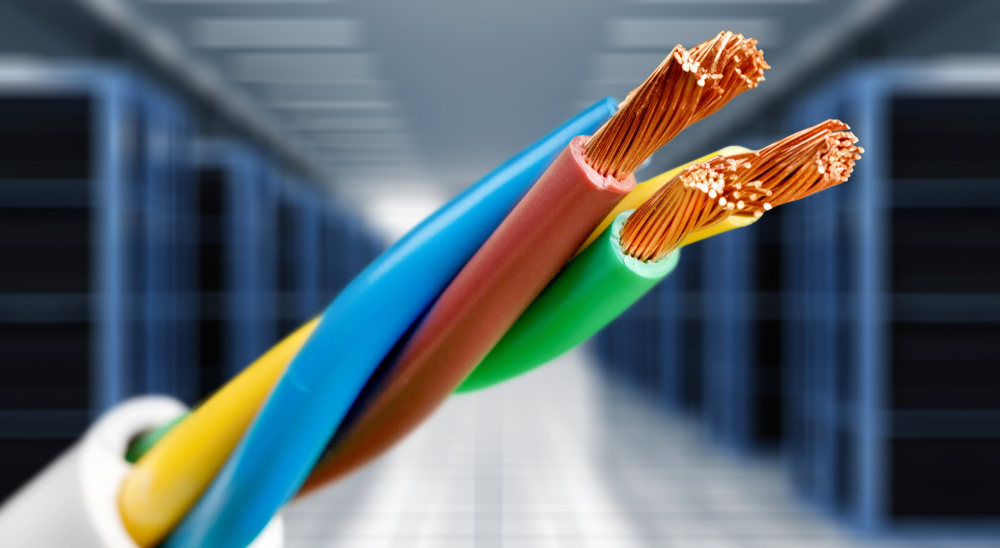How To Decide on The Right Cables for Your Business Network
Posted : 1-March-2024
In today’s digital age, a reliable and efficient network infrastructure is essential for the smooth operation of any business. One crucial aspect of building a robust network is choosing the right cables. The cables you select will determine the speed, reliability, and security of your network connections. In this article, we’ll explore how to decide on the right cables for your business network, covering everything from understanding your network needs to considering factors like cost, quality, and security.
Understanding Your Network Needs
Before choosing the right cables for your business network, you need to understand your network’s requirements. This involves assessing factors such as bandwidth needs, determining cable lengths and locations, and considering the types of devices that will be connected to the network.
Types of Cables
There are several types of cables commonly used in business networks, each with its strengths and weaknesses. These include Ethernet cables (such as Cat5e, Cat6, and Cat6a, Cat7), fiber optic cables, and coaxial cables. Understanding the differences between these cable types is essential for making an informed decision.
Factors to Consider
When choosing cables for your business network, there are several factors you need to consider. These factors include speed, distance, environment, and overall cost of cables and installation.
Cost Considerations
While it’s essential to invest in high-quality cables for your business network, cost is also a factor that needs to be considered. You’ll need to weigh the initial investment in cables against the long-term savings they can provide, as well as ongoing maintenance costs.
Future-Proofing Your Network
In today’s rapidly evolving technological landscape, it’s crucial to future-proof your network infrastructure. This means choosing cables that are scalable and compatible with emerging technologies, ensuring that your network can adapt to future needs without requiring costly upgrades.
Quality and Reliability
The quality and reliability of your network cables are paramount. Investing in durable, high-quality cables from reputable manufacturers can help prevent downtime and costly repairs, ensuring that your network operates smoothly and efficiently.
Installation and Maintenance
Proper installation and maintenance are essential for ensuring the optimal performance of your network cables. Hiring professional installers and conducting regular inspections and maintenance can help identify and address any issues before they escalate into larger problems.
Compatibility
When selecting cables for your business network, ensuring compatibility with your existing equipment and any future upgrades you may have planned is crucial. Choosing cables that are compatible with a wide range of devices and technologies can help future-proof your network and avoid compatibility issues down the line.
Security Considerations
Security is a top priority for any business network. When choosing cables, it’s essential to consider factors such as encryption capabilities and protection against interference and data breaches. Investing in secure cables can help protect your sensitive data and ensure the integrity of your network connections.
Case Studies
To illustrate the importance of choosing the right cables for your business network, we’ll explore real-life examples of businesses that have benefited from making informed decisions about their network infrastructure.
FAQs
What is the difference between Cat5e bulk and Cat6 plenum cables?
Cat5e bulk cables offer speeds up to 1 Gbps, while Cat6 plenum cables support 10 Gbps for improved performance and reliability.
Can I use fiber optic cables for short distances?
Fiber optic cables offer high-speed, reliable performance for both short and long-distance network connections.
How do I know if my network needs coaxial cables?
Coaxial cables are typically used for connecting cable modems, TVs, and other multimedia devices. If your business relies on multimedia content or requires high-speed internet access, coaxial cables may be necessary.
Are there any environmental factors that can affect cable performance?
Yes, environmental factors such as temperature, humidity, and exposure to moisture can affect cable performance. It’s essential to choose cables that are designed to withstand the specific environmental conditions of your business location.
How often should I inspect and maintain my network cables?
You should conduct regular inspections and maintenance checks on your network cables at least once a year, or more frequently if you notice any signs of damage or degradation.
Conclusion
In conclusion, selecting the right cables for your business network is a crucial decision that requires careful consideration of factors such as speed, reliability, cost, and security. Understanding your network needs and investing in quality cables ensures smooth, efficient business network operation now and in the future.
Latest Blog
-

When Should You Upgrade Your Internet Cable?
Read More -

What You Need to Know for Safe Networking
Read More -

Why Ethernet Cables Are Crucial for Commercial Areas
Read More -

Category Cables Plenum Safe and Efficient Networking
Read More -

How Cat6 Plenum Cable Enhances Your Gaming Experience
Read More -

Cat5e, Cat6, Cat6a and Cat7: Ethernet Cable Differences and Similarities
Read More -

Category Cable Services in USA
Read More -

Structured Cabling Standards For Commercial Buildings
Read More -

Evolution Of Ethernet Cables: Cat5e vs Cat6
Read More -

Select the Right Shielded Cable for your Network
Read More
